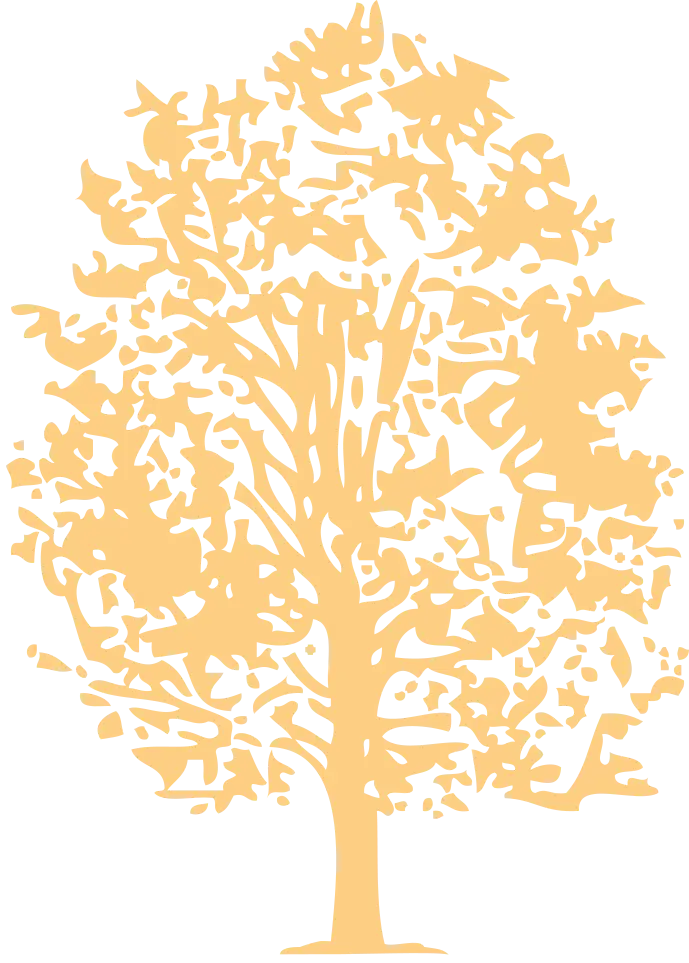3 Home Stretches to Help Your Low Back Pain
June 6, 2017The Overuse of Prescription Drugs in America
August 9, 2017Congestive Heart Disease – What is it?
Intro to Congestive Heart Disease
Congestive heart failure happens when the muscle of your heart doesn’t pump your blood properly. Some conditions, like high blood pressure or narrowed heart arteries, leave your heart too weakened for it pump as it should.
You can’t reverse every condition that leads to congestive heart failure, but many treatments can take care of the symptoms of heart disease and help you to live a longer lifespan. Undergoing lifestyle changes like exercising, managing stress, reducing your salt intake, and losing excess weight, can improve your life. You can prevent congestive heart failure by controlling such conditions as diabetes, high blood pressure, coronary artery disease, and obesity.
Causes of Congestive Heart Disease
You can get congestive heart disease when you have some of the conditions that cause damage to your heart muscle. Some of these conditions include the following:
Cardiomyopathy: This condition comes from damage to your heart muscle from causes other than blood flow issues.
Coronary Artery Disease: This disease affects the arteries that brings oxygen and blood to your heart. This condition causes a decreased amount of blood to flow to your heart muscle. When your arteries get blocked or narrowed, your heart gets starved for nutrients and oxygen.
Heart Attack: A heart attack happens when your coronary artery suddenly gets blocked. At this time, the flow of blood to your heart muscle stops. A heart attack will not only damage your heart muscle but will also develop a scarred area that will not work as it should.
Other Conditions That Exhaust The Heart: The following conditions can all cause heart failure. Congestive heart failure can also occur if two or more of these diseases are present in the same body:
- Diabetes
- Heart defects
- High blood pressure
- Kidney disease
- Thyroid disease
- Valve disease
Any symptoms of congestive heart failure that you may have could be mild or severe. You may also have no symptoms at all. Some of the symptoms of heart disease that you may experience include the following conditions:
- Fatigue and dizziness
- Fluid retention in the lungs
- Irregular heartbeat
- Water retention and weight gain
You should visit your primary care physician if you experience any of the symptoms of congestive heart failure. If you experience any of the following symptoms, seek out emergency treatment immediately.
- Fainting
- Irregular heartbeat, along with chest pain or shortness of breath
- Pain in your chest
- Shortness of breath along with coughing up pink mucus
When you’re first experiencing these symptoms, call 911. Emergency care providers will determine whether or not you have heart failure or another heart or lung condition. You should never try to diagnose yourself in this state. Leave that to the first responders and the physicians in the emergency room.

